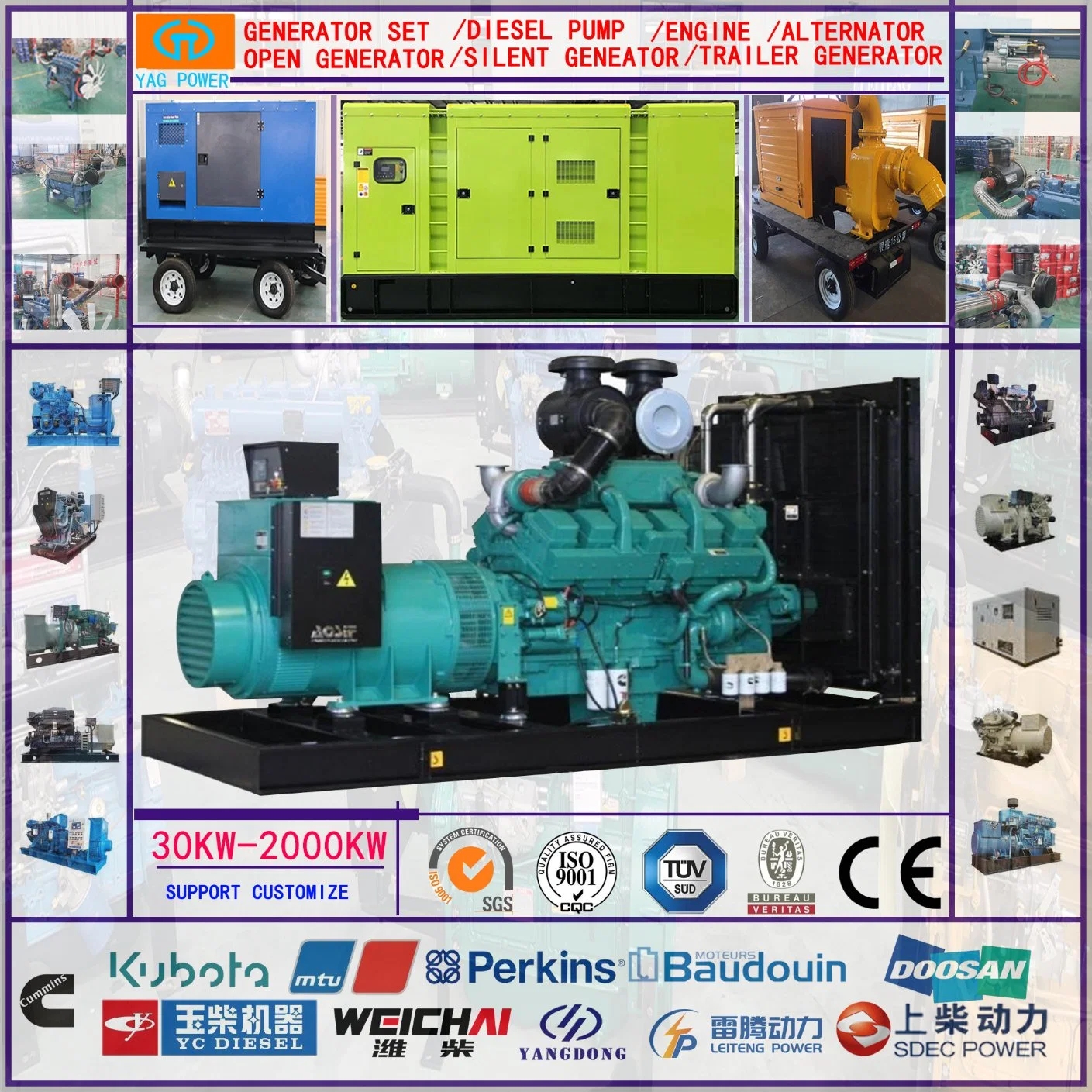Introduction
Hospitals play a critical role in society by providing essential medical care to individuals in need. To ensure the smooth operation of hospitals, a reliable power supply is crucial. Power outages can have serious consequences in a healthcare setting, leading to disruptions in patient care, loss of critical medical equipment functionality, and potential risks to patient safety. In order to mitigate these risks, many hospitals rely on diesel generators as a backup power source. In this article, we will explore the importance of diesel generators in hospitals, their benefits, considerations for installation and maintenance, and the role they play in ensuring uninterrupted power supply during emergencies.
Importance of Diesel Generators in Hospitals
Hospitals are 24/7 facilities that require constant power supply to operate essential medical equipment, lighting, heating, ventilation, air conditioning (HVAC) systems, and communication systems. During power outages caused by natural disasters, grid failures, or other unforeseen circumstances, hospitals must have a backup power source to ensure continuity of care for patients. Diesel generators are commonly used in hospitals as an emergency power supply due to their reliability, durability, and ability to provide continuous power for an extended period of time.
Benefits of Diesel Generators
1. Reliability: Diesel generators are known for their reliability and ability to start and provide power quickly during an outage. This is crucial in a hospital setting where even a short interruption in power can have serious consequences.
2. Longevity: Diesel generators are built to be durable and long-lasting, making them a cost-effective investment for hospitals looking to ensure reliable backup power for years to come.
3. Fuel Availability: Diesel fuel is widely available and can be stored on-site, ensuring hospitals have a readily accessible fuel source to power their generators during emergencies.
4. Power Output: Diesel generators are capable of providing high power output, making them suitable for hospitals with high energy demands.
300kw diesel generator for remote infrastructure projects for Diesel Generator Installation in Hospitals
When installing diesel generators in hospitals, several factors must be taken into consideration to ensure optimal performance and compliance with safety regulations. Some key considerations include:
1. Sizing: The size of the diesel generator should be carefully calculated based on the hospital's energy needs, including critical loads such as life support equipment, operating theaters, and emergency lighting.
2. Location: Diesel generators should be installed in a well-ventilated area away from patient care areas to prevent exposure to exhaust fumes and noise pollution.
3. Fuel Storage: Hospitals must comply with regulations regarding the storage of diesel fuel, including proper containment measures to prevent spills and leaks.
4. Maintenance: Regular maintenance and testing of diesel generators are essential to ensure they are in good working condition and ready to provide power when needed.

Role of Diesel Generators in Emergency Preparedness
Emergency preparedness is a critical aspect of hospital operations, especially in the face of natural disasters, pandemics, or other emergencies that can disrupt power supply. Diesel generators play a key role in emergency preparedness by providing hospitals with a reliable backup power source to ensure continuity of care for patients. In addition to serving as a backup power supply during emergencies, diesel generators can also be used to support temporary facilities such as field hospitals or triage centers in disaster response situations.
Maintenance and Testing of Diesel Generators
Regular maintenance and testing of diesel generators are essential to ensure they are ready to perform when needed. Hospitals should establish a comprehensive maintenance schedule that includes routine inspections, fuel quality checks, and load bank testing to verify the generator's capacity to handle the hospital's full load. In addition, hospitals should have a backup fuel supply plan in place to ensure continuous operation of the generator during extended power outages.
Conclusion
Diesel generators play a critical role in ensuring reliable power supply in hospitals, particularly during emergencies when continuity of care is essential. By investing in diesel generators, hospitals can protect patients, staff, and critical medical equipment from the impact of power outages and ensure uninterrupted operation of essential healthcare services. It is important for hospitals to carefully consider factors such as sizing, location, fuel storage, maintenance, and testing when installing diesel generators to maximize their effectiveness as a backup power source. Overall, diesel generators are a valuable asset for hospitals seeking to enhance their emergency preparedness and ensure the safety and well-being of those in their care.
